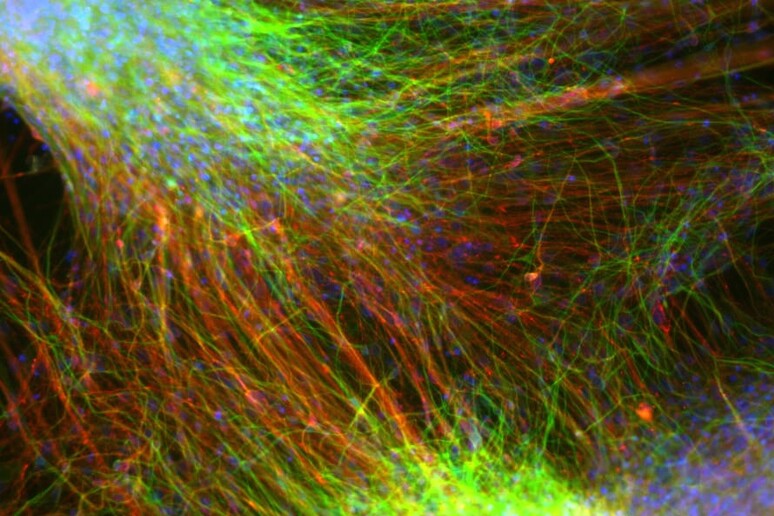For the first time in the world, neurons obtained from human embryonic stem cells have been surgically implanted into the brains of people with Parkinson’s disease in Europe and the United States, with excellent results, researchers leading the clinical trial confirm.
“The treatment of Parkinson’s disease with stem cells leads the way in considering the possibility that similar strategies could also be applied for other neurodegenerative diseases, such as Huntington’s chorea,” said Elena Cattaneo, among the pioneers of Italian stem cell research to treat neurological diseases and who has coordinated the clinical trials conducted in particular with Sweden and Britain starting in 2023, through the University of Milan laboratory she directs.
In the United States, too, this pioneering clinical trial in the field of medicine started in 2022 and has already yielded “excellent safety results in all 12 patients two years after surgery,” said Viviane Tabar, of Memorial Sloan Kettering Cancer Institute in New York (MSKCC), who with Lorenz Studer and the company BlueRocks Therapeutics is leading the clinical trial in the United States.
Specifically, researchers developed a new method to transform human embryonic stem cells into dopamine brain neurons that were transplanted. The innovation is based on the fact that these are able to integrate seamlessly into the nervous system by producing dopamine, the substance whose deficiency underlies diseases such as Parkinson’s disease.












